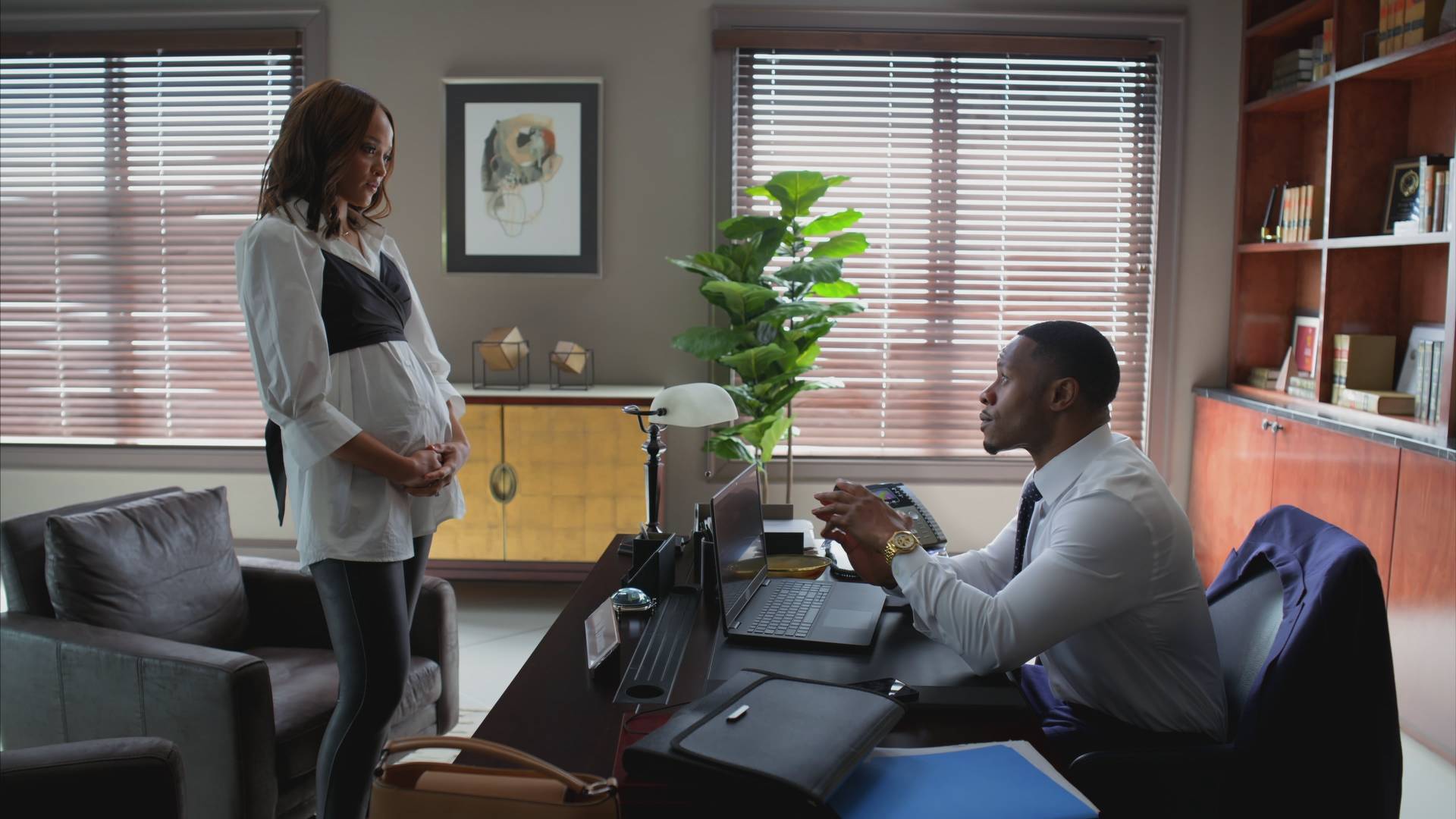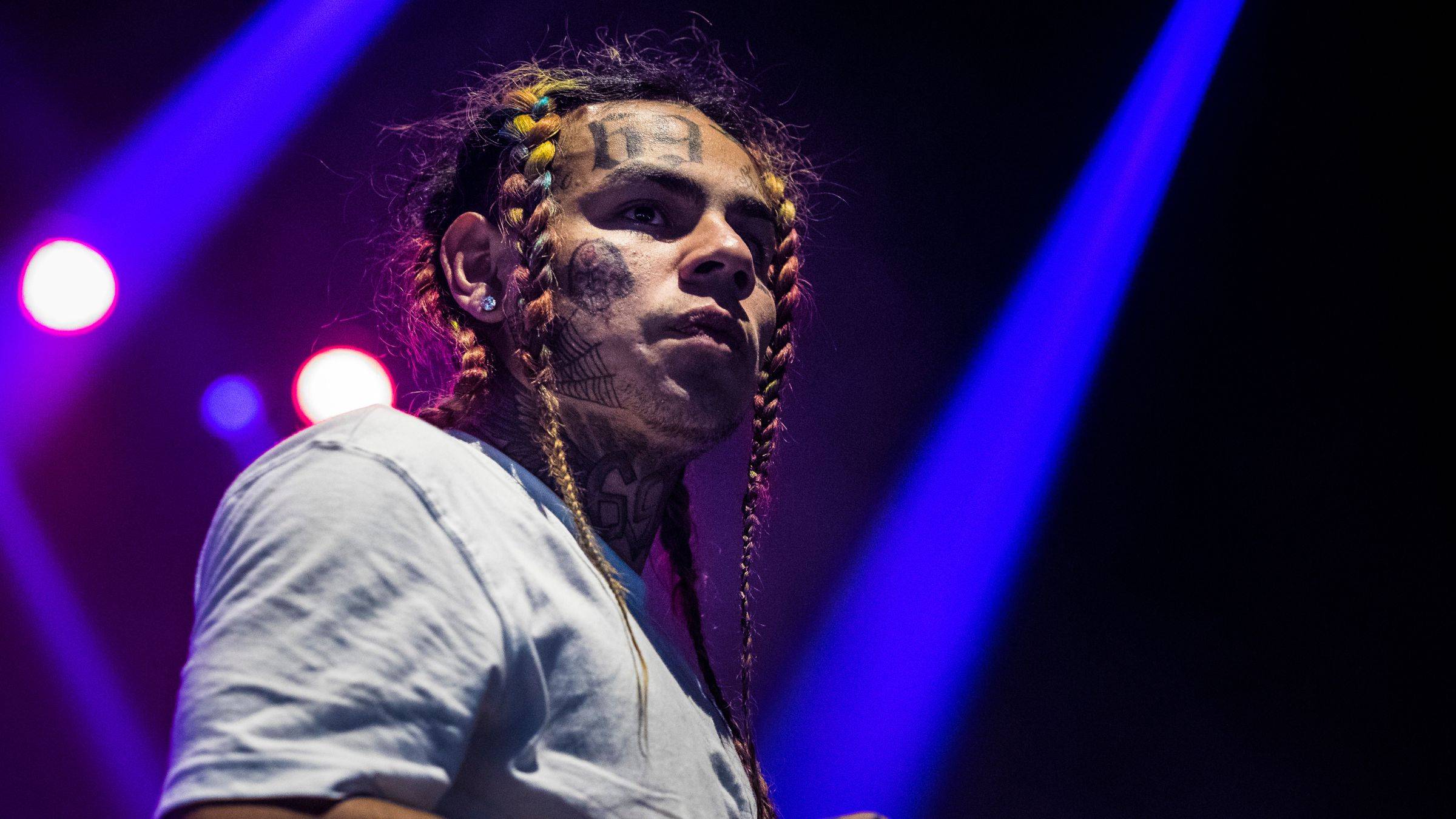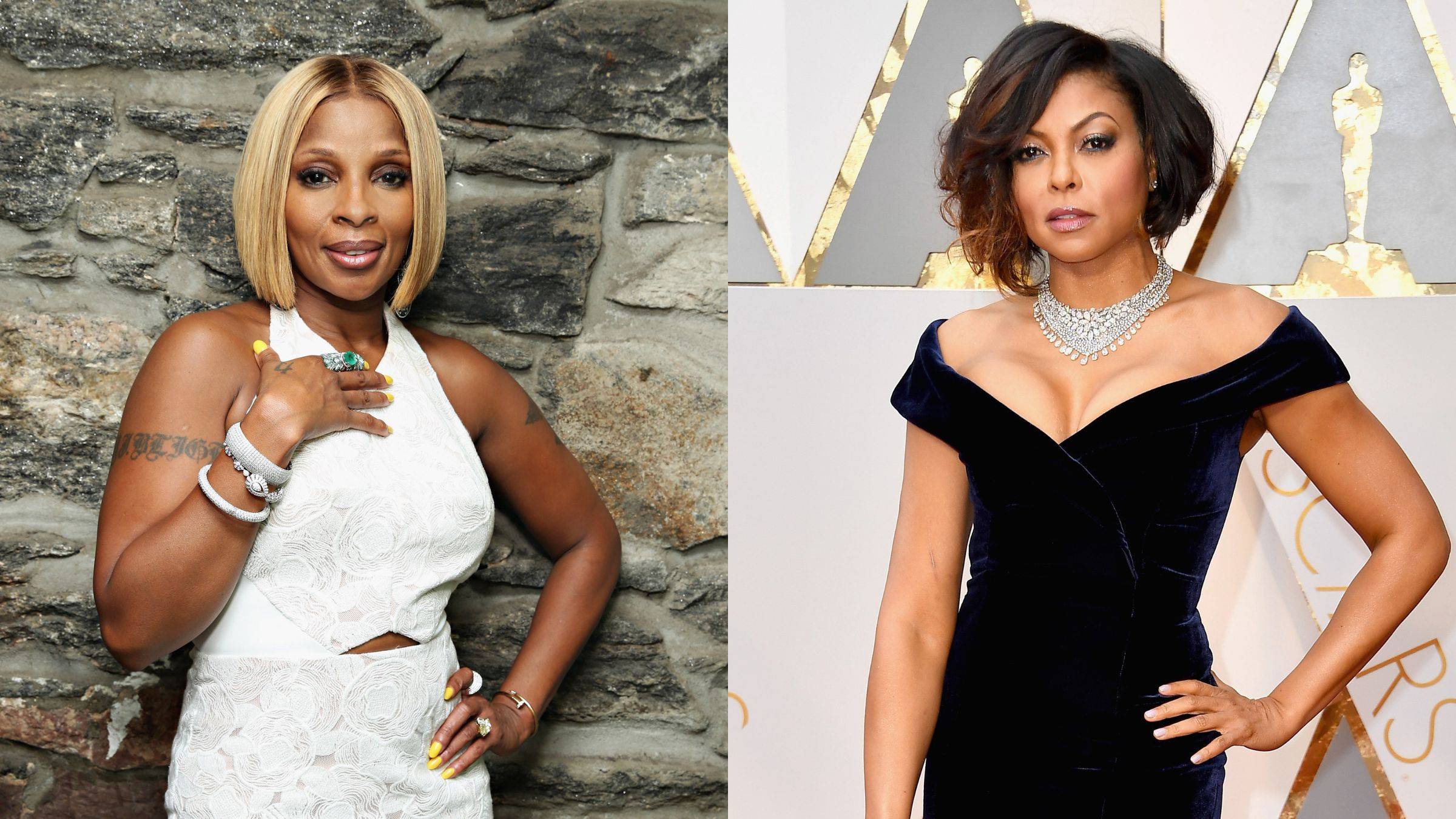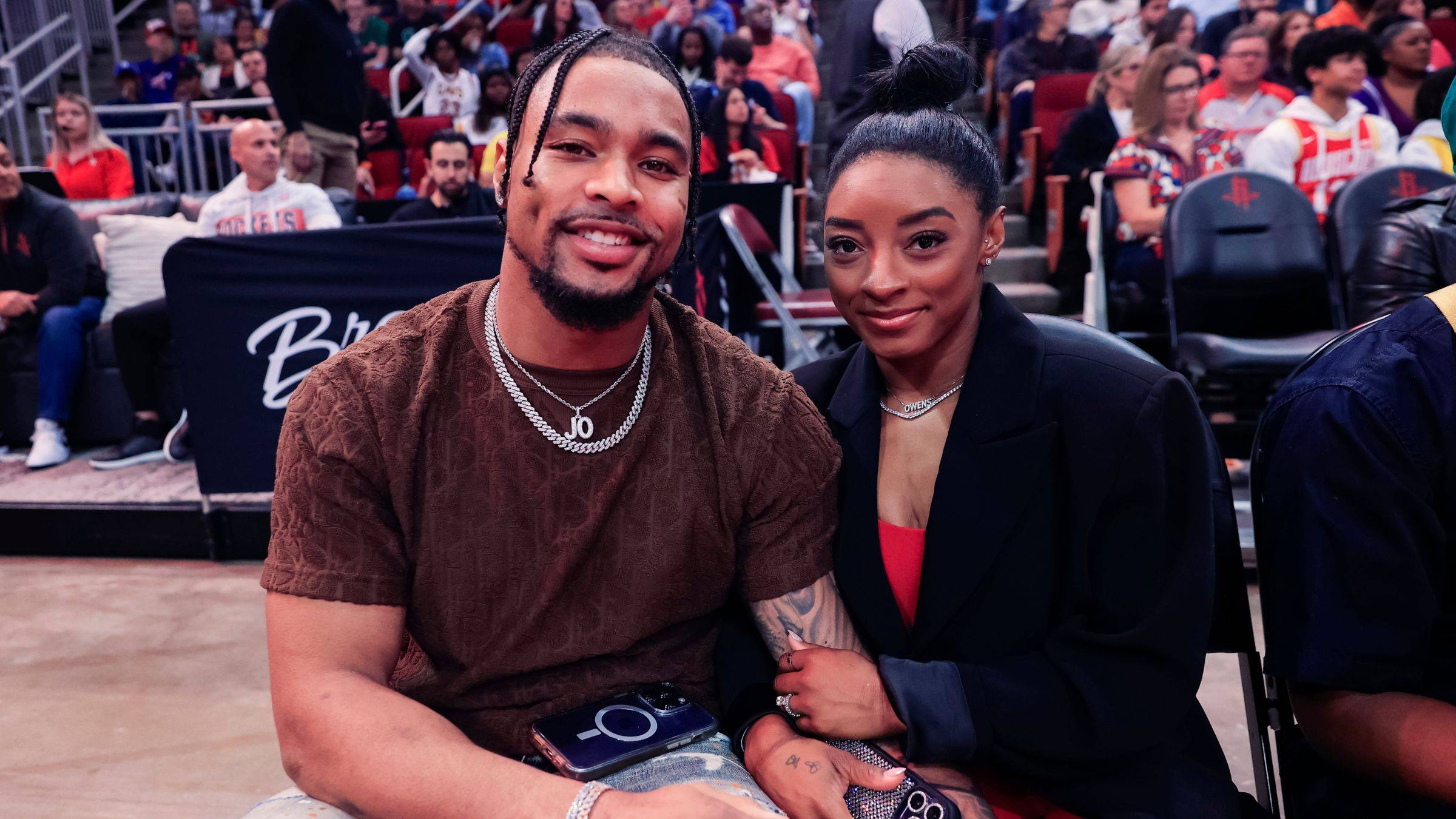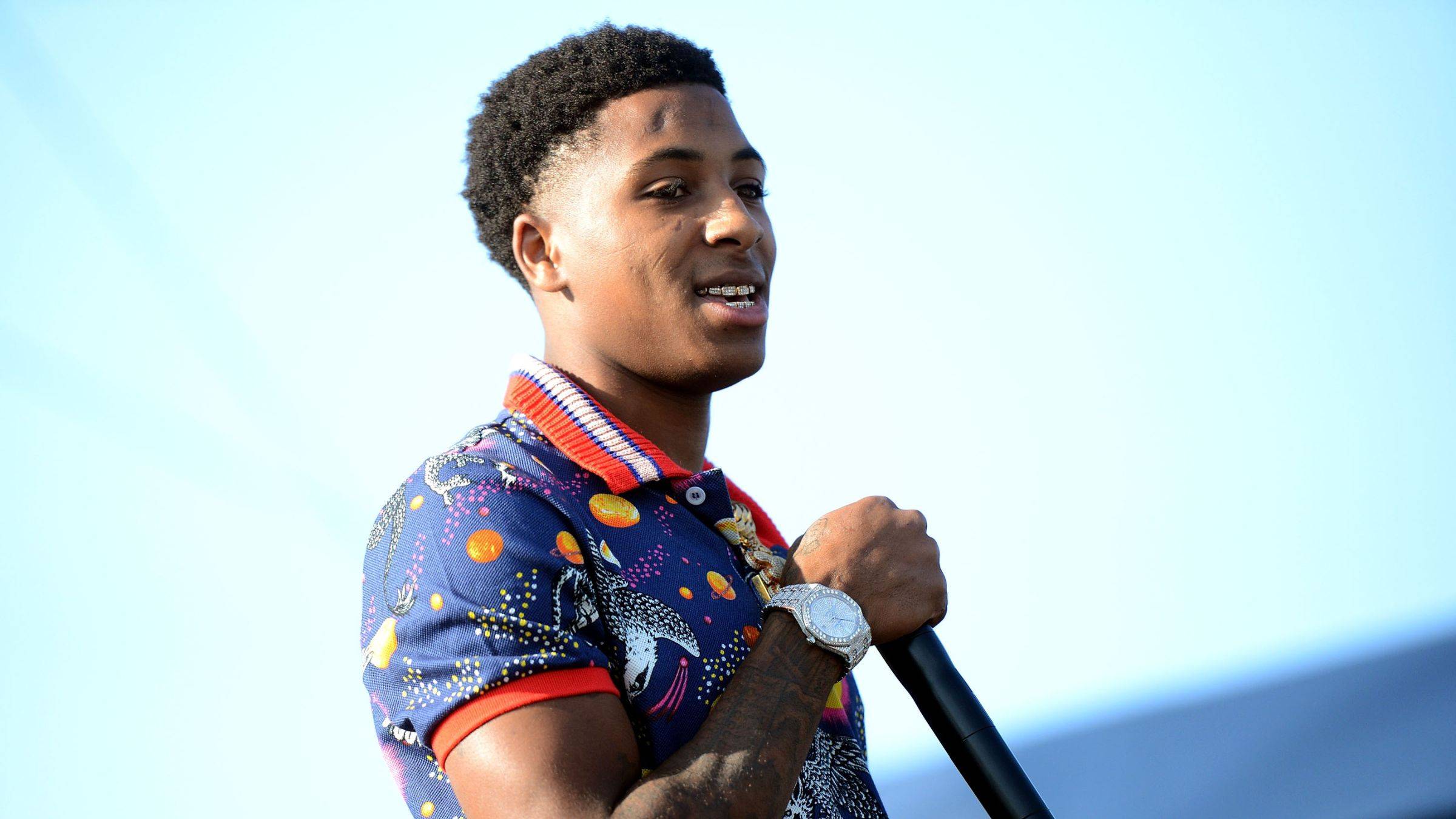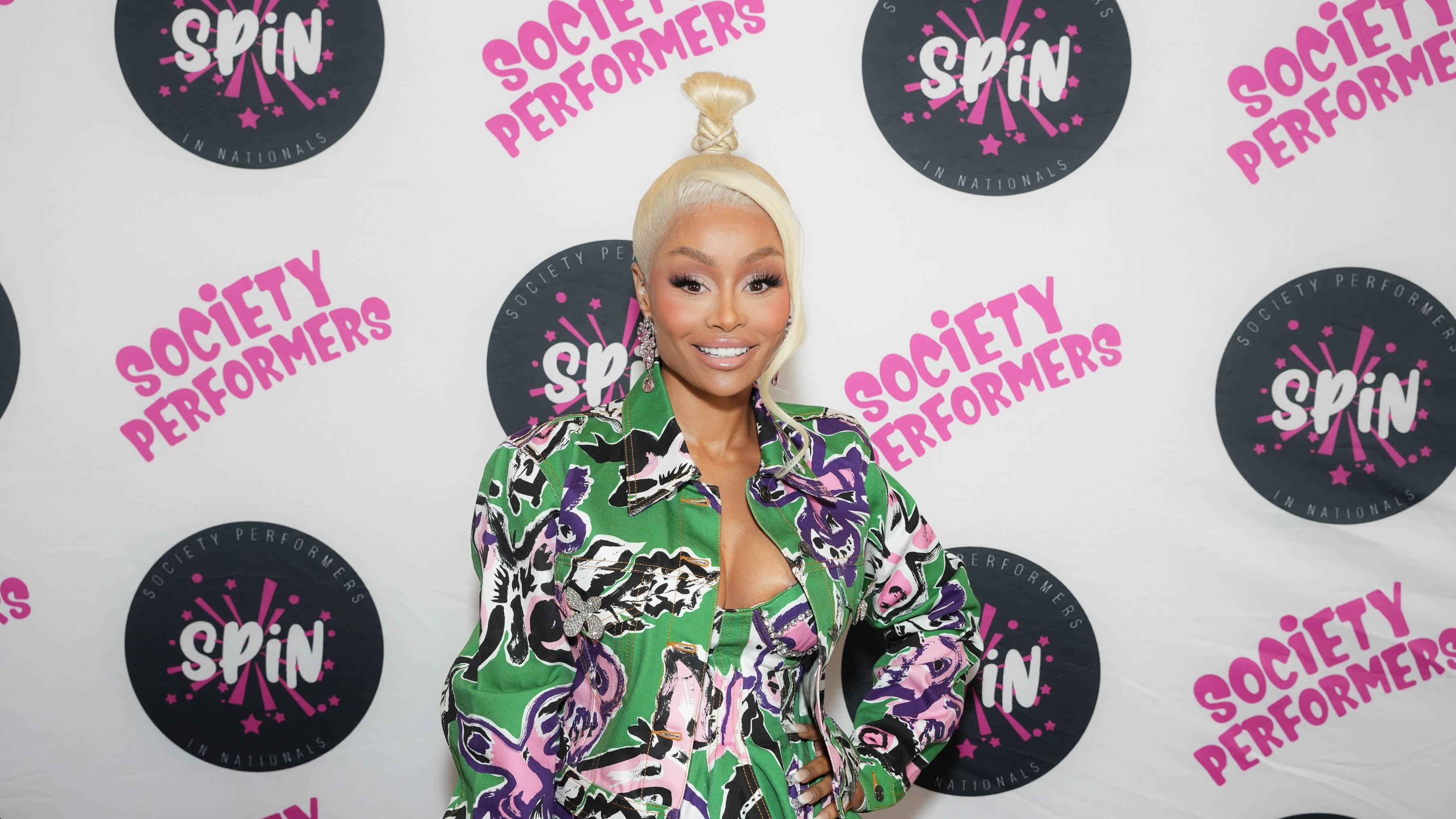Missouri Student Body President: 'We Don't Have to Accept Being Marginalized'
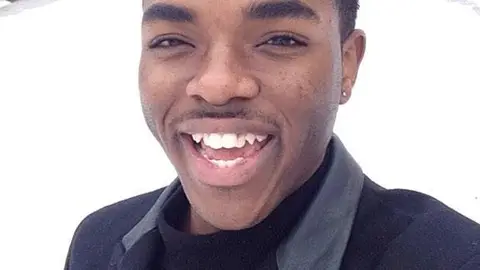
During his tenure as the University of Missouri’s student body president, Payton Head dedicated himself to fighting for inclusion and tolerance for all students on the school's campus.
The Chicago native helped spark the recent movement for equality at schools across the nation after sharing his personal experiences with racism and homophobia on campus via Facebook. Head’s experiences put a face to the countless minority students that activist group Concerned Student 1950 claimed were not being represented or protected by university administrators when they issued a list of demands to the school that included the removal of former university president Tim Wolfe.
On Nov. 18, University of Missouri students will vote to elect a new student body president following Head’s year-long term. On his last day in office, the outgoing president spoke with BET.com about his role in the movement for public education reform, the legacy he hopes to leave on Missouri’s campus and his responses to the criticism he’s received since going public with his experiences.
What is the most important role you feel you played in the recent movement on campus?
I think I was able to help people realize that these incidents can happen to anybody. These biases and these incidents of discrimination, they happen to anybody. The one thing people would ask when I was telling my story, at first it was, ‘Well, didn’t they know that it was you?’ And I think that’s what hurts the most because it shows the true lack of understanding of the real issue, which is that there are people out there who think that that kind of behavior is OK. And I think that’s where my role has been in this movement — in providing visibility to the issue. It’s like, if it can happen to your student body president, then it can happen to any student.
When was your first experience with intolerance at the University of Missouri?
The first time [I was called a racial slur], it was my sophomore year and I didn’t post about it or say anything.
Why didn’t you say anything?
I was so taken aback that I didn’t know what to say. I didn’t know what to do. It just made me work to fight for social justice even more and that’s how I got involved with our different organizations on campus to help make campus a little more equitable. So it inspired me to run for president because I had heard that story too many times that that is what students have been dealing with. And honestly, it took me back to something the deputy chancellor said to me. Mike Middleton, who is now our interim system president, and I went to a diversity dinner that year and he said he remembers this time at Mizzou when somebody shouted the words, “Go home, n-word,” at him. It was a surreal moment when it happened to me because I realized, this man’s been fighting for civil rights all of his life and here I am this year and I’m dealing with the same thing.
How was the second incident, earlier this semester, different?
I was more upset than anything because I’m on my way out of office and there’s going to be another student just like me, studying political science from Chicago, Black, coming in and dealing with the same things that I’m dealing with. It wasn’t so much outraged; it was more of just a disappointment. And I posted to Facebook and I talked about my experience and the experiences of my friends. One is trans and she’s walking down the street and got spit on. Or my friends who are Muslim and wear hijabs and get called towel heads or terrorists and it’s like, ‘How much longer are we going to foster an environment that deems that acceptable?’ So I think that’s how that kind of got started. And it enraged a lot of students because they’re like, ‘If this is the way the university handles the situation and it happens to our student body president then, what about me?”… Then we saw the other incidents happening on campus like the Legion of Black Collegians royalty court being verbally assaulted right in the heart of campus (and) the swastika made out of feces. And it’s like these things happen, but what is it that the university is doing to make students think this is acceptable?
What do you feel your legacy will be in terms of those issues you mentioned?
I think the biggest thing would be just letting people know this is an issue and it’s something that we can’t afford to push to the side anymore. I think a lot of universities, they got to the point where it’s like, ‘OK, well we have an inclusion and diversity office set up and the multicultural center puts on different programs and we give them money.” I think now more than ever people at universities around the nation are realizing that we don’t have to accept this. We don’t have to accept being marginalized. We are privileged and we are thankful to even be at a university and be obtaining a degree, but at the same time, we have the right to at least feel safe here. Being safe is the number one thing and I think that’s what students are calling for all around the nation. And I think that’s something that will be a legacy not just for my office, but also for my cabinet, for Concerned Student 1950, [and] for the faculty and the alumni who’ve been involved. It’s been a group effort all together to bring these issues to the forefront of conversations in this country.
What do you have to say about the need for Black spaces, whether it’s a Black Culture Center on campus or a network like BET in the media?
I remember talking with a multicultural center director for Mizzou. He was the last one that we had, Pablo Mendoza, and he talked about this idea that people think Black people self-segregate. And he challenged that notion saying that you know a lot of times it's not self-segregation, its self-preservation. We have to sometimes be in an area and be in a place where we can preserve our culture, where we can foster our culture so that we can continue to live in these overall spaces. So I think that, these spaces are important, at least on college campuses, because I think it gives a time to be able to truly connect back to your culture if that’s what you identify with and, more importantly, to learn about the history of it. A lot of times we don’t have the opportunity to learn about our own culture or our own history because it’s not what’s on the test or what’s in the textbooks unless you’re in a Black studies class. I think [Black spaces] serve a really good purpose.
Are you satisfied with your term? Did you feel fulfilled before the 1950 movement?
Yes. I did. While people may think that I’ve only just been doing stuff for inclusion, it’s been a long time coming. People often think that diversity or inclusion is just a separate category that you can check off or put to the side and say, ‘We’ve done it.’ But it’s something that you have to be constantly aware of and I go back to being able to check some of the privileges we have as individuals. I think about every day, you know, I’m an able-bodied male. You know there are privileges that come with that. I don’t have to think about entering our student union or a different building on campus. I’ve been fighting to make sure that we can get a ramp on memorial union tower and we’re still in those conversations now. You know campus isn’t safe — college campuses around the nation aren’t safe. I’ve been very proud of what our student body has been able to accomplish this year… There’s been a lot of progress, but with progress comes a lot of blood, sweat and tears and I hope that one of the legacies that I can leave behind is for somebody to remember that if they sign up for this job, to put their all in it, to make sure that they can try their best to represent even the smallest of the smallest groups on campus because that’s what you’re in here to do; to speak up for the students.
You received a lot of flak after reporting that the KKK was an active threat on campus. Is there anything about that incident you would like to clarify?
I’m not actually allowed to talk about it; it’s still under investigation… But it’s really difficult now, not being able to say what really happened and seeing people’s responses thinking that I’m a liar.
What are your thoughts on the University’s interim president, Michael Middleton?
He’s great. He’s actually one of my fraternity brothers and I spoke at his retirement ceremony. So it’s kind of funny that we’re pulling him out of retirement. But we need him now more than ever. I was even texting him and was like, “So you’re going to be our new president right?” and he was like “Mmm, no.” and I said “Please think about it for me,” and he said, “Ok, I’ll think about it.” So it’s great to see him in leadership because I know he’s going to do some wonderful things to help change Mizzou for the better and change the system.
Why is he what’s needed more than ever?
He’s very respected. He’s calm, he’s cool, he’s collected and that’s what we need now more than ever. He has a background in civil rights at the U.S. Department of Education, so he understands the different flaws of the system here. But he’s been here since, God knows how long. Little do people know he was the founder of the chapter here of my fraternity. So he’s definitely been a big part of the Mizzou experience, especially for minority students in making this place more inclusive to making it what it is now. He was one of the people who helped draw up the original demands of the Legion of Black Collegians [in 1969]. So he’s in a place now more than ever to really help see the changes through that need to be done to this university.
It’s your last day in office. President Obama is also on his way out. How do you feel about how the president has handled America’s racial issues?
I think he’s handled it very well. If you can be honest with yourself and say that you did everything that you could for all of these different groups that you represent, for all of these different people, for all of these different communities and different issues, then you did a good job. One thing that I’ve learned from this office is that not everybody’s going to be happy. But I was entrusted with this position to do what I think is right and so while everybody may not agree, I can say that I’ve worked so hard to make sure that we get as many voices at the table (as possible) when we make decisions here, because diversity is so important.
This conversation has been edited. Additional reporting by Guimel Sibingo.
(Photo: Payton Head via Twitter)
